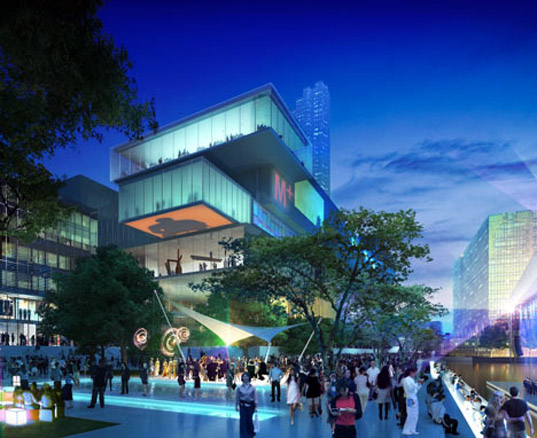Hong Kong’s vision for a “greener city” through a new wave of innovative waste management and recycling initiatives was outlined to eco-industry leaders and associations along with consul-generals and trade commissioners representing 16 countries at a networking lunch themed “Waste Less, Save More – Creating Business Opportunities” on 16 March 2018 at the Hong Kong Convention and Exhibition Centre.
The event was an introduction to the Eco Expo Asia 2018 to be held at Asia World-Expo from 25-28 October. The Expo is jointly organised by the Hong Kong Trade Development Council (HKTDC) and Messe Frankfurt (HK) Ltd. And it marks a trend of the east, companies being rewarded with growth for their eco and energy-efficient vision. Companies like the smart cities tech company operating on the blockchain, flux (www.fluxiot.com), are setting up offices in Hong Kong to help fuel green growth in one of the planet’s last frontiers.
In the welcoming speech, Benjamin Chau, Deputy Executive Director of the HKTDC said the “Waste Less, Save More” theme responded to strong market demand for waste management schemes and technologies.

“Waste has become a common problem for affluent societies, with ever-growing amounts of refuse, including food, produced as a result of economic expansion,” he said, explaining the pressing need for imperative measures on waste management and recycling are a “committed focus” of the Hong Kong Special Administrative Region (HKSAR) Government.
Hong Kong initiatives
In his keynote address, HKSAR Secretary for the Environment Wong Kam-sing, outlined the latest Environment Bureau waste management and recycling initiatives that could offer a glimpse into a better, greener world ahead.
“Waste management is a major challenge for a green city,” he said, as our consumption-driven lifestyles are putting enormous pressure on landfills. “Clearly, Hong Kong needs a more sustainable way to deal with waste.” The Secretary for the Environment went on to explain some of the measures Hong Kong is undertaking to address these problems.
Among the city’s new initiatives is the WEEE PARK, a waste electrical and electronic equipment (WEEE) treatment and recycling facility. It is a flagship government-funded waste-to-resources facility that officially opened on 19 March.
Operated by a consortium formed by Germany’s ALBA Group and the Integrated Waste Solutions Group, WEEE PARK is the modern face of WEEE recycling facility turning WEEE into useful secondary raw materials through a series of detoxification, dismantling and recycling processes using advanced technologies and equipment.
Meanwhile, Hong Kong’s first self-sustained sludge treatment facility, T PARK, marks a significant step forward in the city’s waste-to-energy journey. Being one of the most technologically advanced facilities of its kind in the world, T PARK combines a variety of advanced technologies into a single complex and bring together sludge incinerators with power generation and desalination. To enhance public awareness of sustainable development, a wide range of educational and leisure facilities showcasing the benefits of a waste-to-energy approach in waste management are also open to the public.
At the community level, a “Dump Less, Save More” Municipal Solid Waste Charging Scheme is to provide financial incentives to promote waste reduction at source and reduce overall disposal.
In addition, Mr Wong highlighted other environmental initiatives the government is working on. Hong Kong’s first organic resources recovery centre, O PARK, is a large-scale waste-to-energy facility with the major target for treating food waste generated from the industrial and commercial sectors including manufacturers, restaurants, hotels and supermarkets. Furthermore, EcoPark and the Recycling Fund are backing the recycling industry to develop enhanced technology to improve waste recovery rates.
At the same time, a HK$300 million “Pilot Green” transportation fund supports the testing of green and innovative technologies for public transport and goods vehicles. The green bond issuance plan promotes the development of green finance in Hong Kong. Moreover, the government will enhance tax concessions for capital expenditure incurred by enterprises in procuring eligible energy-efficient building installations and renewable energy devices by allowing tax deductions to be claimed in full in one year, instead of the current time frame of five years.
“With all these initiatives, we will make Hong Kong cleaner, and save more,” pledged Mr Wong.

